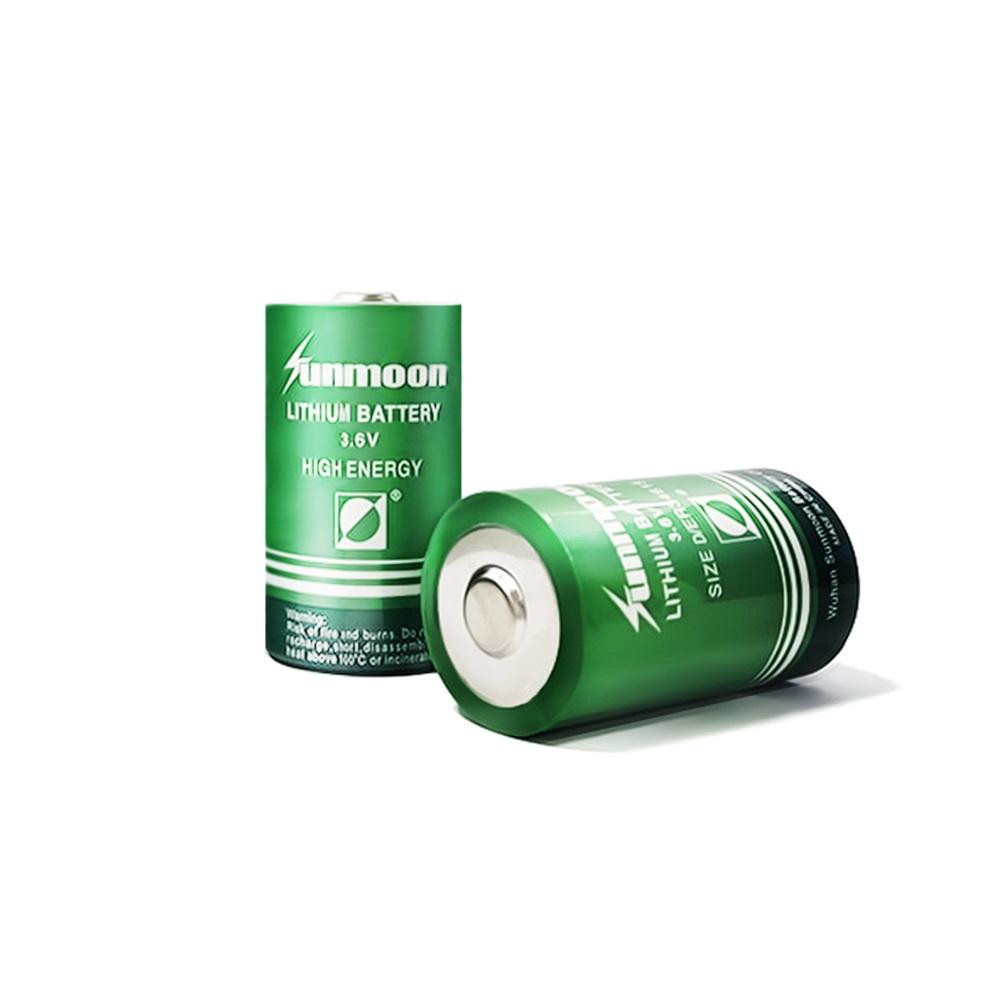
Lithium thionyl chloride (Li-SOCl2) batteries are non-rechargeable primary cell batteries that utilize sulfonated thionyl chloride as the electrolyte in the positive electrode. Unlike other lithium-based batteries, these batteries are designed to be used once, as they cannot be recharged after being discharged.
There are two main manufacturing processes for Li-SOCl2 batteries: spiral wound and bobbin-type construction. While both types serve the same function, the bobbin-type design is often preferred due to its superior performance characteristics. Bobbin-type Li-SOCl2 batteries are particularly advantageous as they can be paired with hybrid layer capacitors, allowing for higher periodic pulses, which are crucial for applications like two-way wireless communication systems.
Li-SOCl2 batteries are highly regarded for their durability and unique characteristics, making them ideal for use in demanding industrial applications. These batteries are commonly found in the aerospace industry, automotive applications, metering devices, and industrial Internet of Things (IIoT) systems. They are also critical components in medical devices, such as defibrillators, where their ability to withstand high temperatures is crucial. Since these batteries can endure temperatures up to 125°C, they are suitable for sterilization processes, a vital feature for medical equipment.
On the flip side, their resistance to extremely low temperatures, as low as -80°C, makes them perfect for use in devices monitoring the transportation of donor organs. Their performance in such extreme conditions is what sets them apart from other battery types. For example, modern emergency locator transmitters (ELTs) used in aircraft are now powered by Li-SOCl2 batteries, thanks to their low weight and ability to function effectively in cold environments.
1. High Voltage: Unlike other lithium batteries that typically operate between 1.5 to 3 volts, Li-SOCl2 batteries have a nominal voltage of 3.6V. This voltage remains consistent throughout the battery's life, which is a significant advantage in maintaining steady performance over time.
2. Energy Density: These batteries boast an impressive energy density of up to 730 watt-hours per kilogram, far surpassing many other types of batteries in this regard.
3. Temperature Resistance: The battery's exceptional ability to handle both very low and very high temperatures makes it adaptable to a variety of environments. It can operate efficiently from -80°C to 125°C, adding to its versatility in industrial and medical applications.
4. Durability: One of the standout features of Li-SOCl2 batteries is their durability. With a self-discharge rate of only 1% per year, these batteries maintain their charge over long periods, making them ideal for backup systems and other low-power devices that require long-term reliability.
5. Variety of Sizes: These batteries are available in various shapes and sizes, offering flexibility depending on the specific application. Regardless of the form factor, the performance—high voltage, low self-discharge rate, and durability—remains consistent.
6. Environmental Benefits: Lithium thionyl chloride batteries are recyclable and environmentally friendly. They do not pose significant toxicity risks when disposed of, and their non-flammable electrolytes add to their safety, especially in harsh environments.
While Li-SOCl2 batteries are outstanding in many areas, they do come with some drawbacks. One of the most notable is their high internal resistance, which can cause delays in generating peak voltage. This can be mitigated, however, by pairing the batteries with capacitors, such as those offered by Tadiran Batteries, to ensure the necessary peak current is available when needed.
In conclusion, lithium thionyl chloride batteries are an excellent choice for a range of applications requiring high performance, durability, and reliability. Their ability to operate in extreme temperatures, coupled with their long lifespan and recyclability, positions them as one of the top choices for industrial, medical, and aerospace industries. With the right considerations regarding peak current, these batteries offer a near-perfect solution for low-consumption, high-reliability devices.
Contact Person: Miss. Elsa Liu
| WhatsApp : | +8617763274209 |
|---|---|
| Skype : | +8617763274209 |
| WeChat : | 17763274209 |
| Email : | Elsa@lifepo4-battery.com |